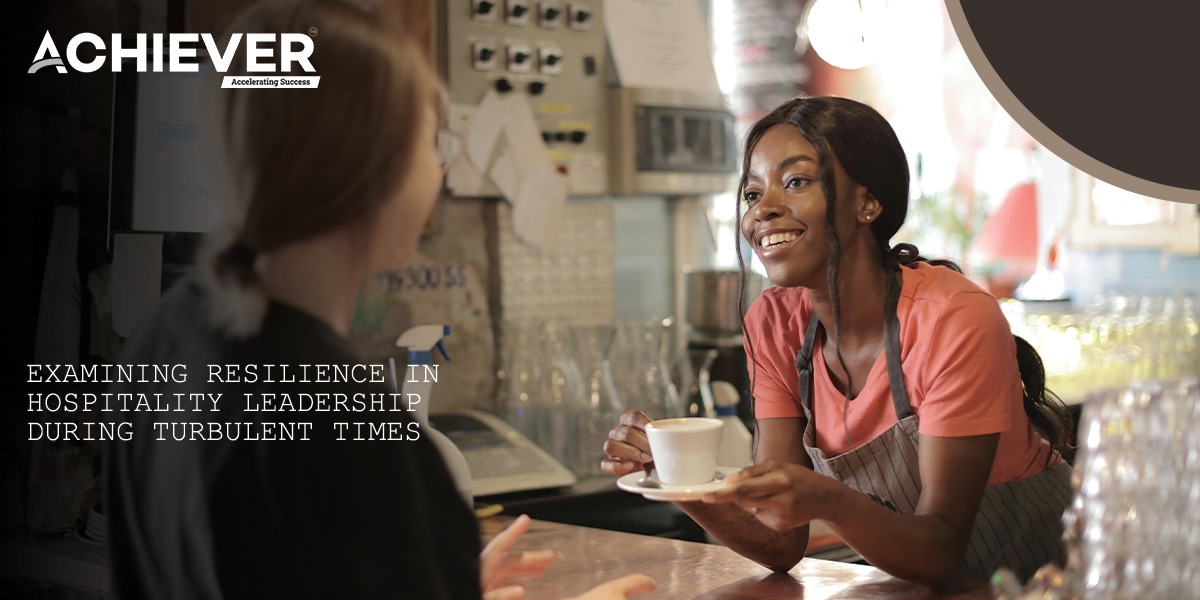Examining Resilience in Hospitality Leadership during Turbulent Times
In the face of unprecedented challenges, the hospitality industry has been forced to adapt rapidly to navigate through turbulent times. From economic downturns to global health crises, resilient leadership has emerged as a crucial factor in steering organizations through uncertainty and ensuring their long-term sustainability.
One of the key aspects of resilient leadership in the hospitality sector is the ability to effectively manage crises. Whether it’s a natural disaster, a terrorist attack, or a pandemic like COVID-19, hospitality leaders must be prepared to respond swiftly and decisively to mitigate the impact on their businesses. This includes implementing robust crisis management plans, prioritizing the safety and well-being of employees and guests, and maintaining clear lines of communication with stakeholders.
Moreover, resilient leaders in the hospitality industry understand the importance of flexibility and agility in adapting to rapidly changing circumstances. In times of crisis, traditional business models may no longer be viable, requiring leaders to think creatively and explore new revenue streams. For example, during the COVID-19 pandemic, many hotels pivoted to offering alternative services such as hosting healthcare workers, providing quarantine accommodations, or converting guest rooms into office spaces for remote workers.
Another critical aspect of resilient leadership in the hospitality sector is the ability to foster a culture of resilience within organizations. This involves building strong relationships with employees, fostering open communication, and providing the necessary support and resources to help them cope with stress and uncertainty. By prioritizing employee well-being and morale, resilient leaders can ensure that their teams remain motivated and engaged even in the face of adversity.
Furthermore, resilient leaders in the hospitality industry recognize the importance of collaboration and partnership in overcoming challenges. Whether it’s working with government agencies, industry associations, or other stakeholders, effective collaboration can help amplify resources, share best practices, and coordinate responses to complex challenges. By forging strong partnerships, resilient leaders can leverage collective expertise and resources to navigate through turbulent times more effectively.
Additionally, resilient leadership in the hospitality sector involves a commitment to innovation and continuous improvement. Rather than resting on past successes, resilient leaders are always looking for ways to innovate and stay ahead of the curve. This may involve investing in new technologies, exploring sustainable practices, or reimagining the guest experience to meet changing consumer preferences. By embracing innovation, resilient leaders can position their organizations for long-term success in an increasingly competitive landscape.
In conclusion, resilient leadership is essential for navigating through turbulent times in the hospitality industry. By effectively managing crises, fostering flexibility and agility, building a culture of resilience, prioritizing collaboration and partnership, and embracing innovation, leaders can steer their organizations through uncertainty and emerge stronger on the other side. In an ever-changing world, resilient leadership will continue to be a key differentiator for success in the hospitality sector.
news via inbox
Get the latest news, expert insights, success stories and updates straight to your inbox


